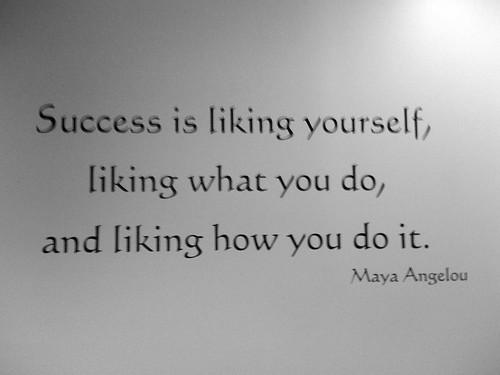 As I hinted at, I got rid of the last pickup – codename Artsy – and have since moved on to another vehicle. I won’t mention make or model – I’m not going to do free advertising for some company when I’ve only had the vehicle a few days.
As I hinted at, I got rid of the last pickup – codename Artsy – and have since moved on to another vehicle. I won’t mention make or model – I’m not going to do free advertising for some company when I’ve only had the vehicle a few days.
But I like it. This is what the article is about – because I told someone I visited today that they are now less far away with this vehicle.
They didn’t move. I didn’t move. The distance hadn’t changed. What I was driving had.
Artsy’s job was to create trails in the bush with me at the wheel. This she did well – so well, in fact, that I saw her on the way home and for a moment wondered what my pickup was doing there… when it’s not mine anymore. She looks well.
However, things have changed and so the requirements of the vehicle have changed as well. And this one doesn’t have to go in the bush. Trails, maybe, but no more bush. Mainly, roads. Parking in the cities. And, finally, it’s not a manual transmission.
It’s a dual clutch transmission, which for the sake of people who don’t know enough about cars, is more efficient than a manual and as convenient as an automatic.
The air conditioning is awesome. The back up camera makes parking so much easier. The audio is so good stock, and plays my MP3s and more. The seat is comfortable.
And so, now, what used to be a long distance for me is a shorter distance – just like that. This is probably not news to a lot of people, but I’ve always sacrificed things. The RX7s had their AC’s take out for weight reduction, Artsy had noisy mud tires, and so on, and so on. These were things that were necessary for the tasks at hand.
With this vehicle, I did not sacrifice. I ordered the pizza with everything on it. It has features I may never use.
But today I saw the value in that spontaneous simple statement, it dawned on me.
It dawned on me that relativity and the hierarchy of needs are related in the human experience – something I knew – but at a new depth.
And, after all, even the Spartan minimalist has to acknowledge that the new chariot is a worthy tool for the next part of my life.


